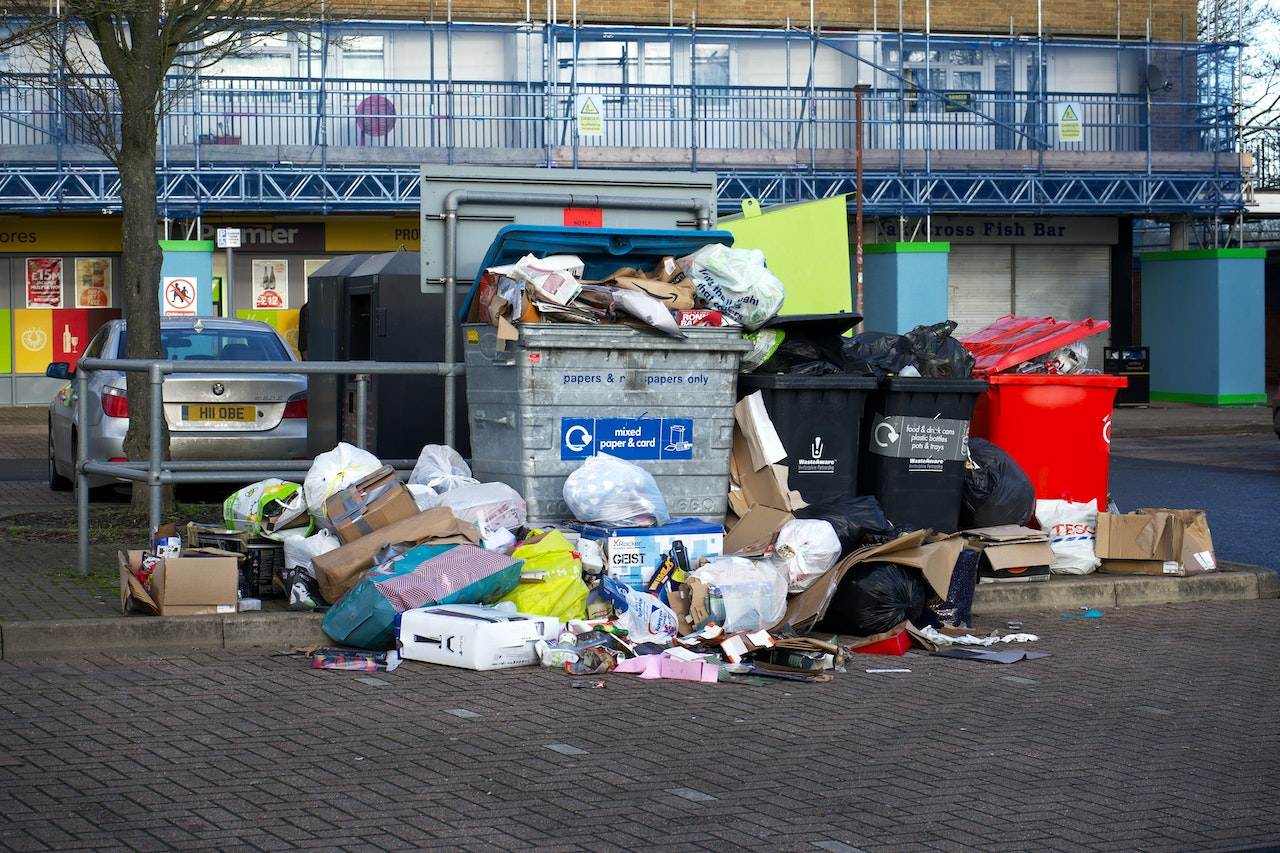Individual and household waste steals the headlines, but companies can have a more significant impact when they reduce their waste. ShefFood is on a mission to create a sustainable food system for Sheffield. As a result, businesses have committed to sustainable practices, especially in food waste. If you’ve been following the #sheftosilver campaign, you’ll have seen dozens of organisations have signed up across the city to put sustainability first. Here’s how companies can do more.
Understand what is wasted
The first thing to do is to understand what waste comes from a business. A waste audit looks at packaging, ingredients, materials and anything else that’s used to run your business and what waste is left at the end of production or sale. At home, this can be done by looking through your bin to see what you commonly throw away. For businesses, a waste audit can be a bit more involved when you are dealing with lots of waste and possibly hazardous materials. When companies have a good grasp of what they are sending to landfill, they can make a plan for it and tackle their waste.
Having a plan for waste
Waste management for businesses can be complicated, but ideally, companies split their waste up into categories and deal with each type in the best way possible. The goal for companies should be to create a circular process, so you never have to send anything to a landfill. Here are some ways that organisations can tackle their internal waste in Sheffield.
If it’s food waste, there is no excuse for it to go to a landfill. It can be donated to Sheffield organisations to make the most of edible food that is past its best before or approaching its use-by date. FoodHall Project, The Food Works Sheffield and food banks throughout the city all take surplus food and share it with the community. Inedible food such as trimmings, mouldy produce or non-edible foods like egg shells or animal bones can all be composted and made useful once more. There are several Sheffield-based commercial waste providers, or you can donate your food waste to community allotments or composting facilities to put health back into the soil. As of 2023, Sheffield City must comply with UK legislation to separate food waste collection and processing in line with the waste hierarchy. This will help people deal with their at-home food waste effectively, but how do you plan to manage food waste as a business?
For items that can be recycled, such as paper, glass, certain plastics, and tin cans, make sure you have commercial setups to handle the recycling legitimately. While recycling isn’t the solution to waste management, it is better than sending it straight to landfills. Ensure staff understand what and how to recycle in your workplace and occasionally check to ensure suitable materials are making it to the correct bin.
If at all possible, reuse the materials elsewhere in your business. Packaging can be reused repeatedly to extend its life cycle and will help you reduce your packing cost. If you find that your waste consists of many materials that cannot be recycled, consider changing suppliers or the options you use. While this can be difficult for small businesses to achieve, with some research and dedication, there is almost always a more environmentally alternative to materials that go straight to the dump.
Don’t Pass it to the People
One thing businesses should consider when tackling their waste is to make sure they do not pass the waste management on to the consumer. As an organisation, you have more power when it comes to disposing of items correctly. In contrast, it can be pretty tricky for individual households to do effectively with limited recycling and composting options. In Sheffield, families can only currently recycle paper, cardboard, glass, tin, some plastics and food waste (as of 2023) at curbside collection. There are various recycling points throughout the city for other items such as soft plastics and Tetra packs. Still, they are only in a select few locations, which can be difficult for everyone to access, especially if they don’t have a car. Consider how your product’s lifecycle will end and make a plan for that waste too.
Benefits to your business
Reducing waste has several business benefits, so why not consider how you tackle it in the new year? Decreasing waste in your company reduces running costs, lowers your environmental impact and can help you promote your green commitments to customers. If you’re a food business, you must deal with food waste effectively and be environmentally friendly. Why not sign up for the ShefFood partner newsletter if you need support in this area? It’s a monthly email with industry news and research on food waste, growing and farming, hospitality, retail and all things food. Check out the website, sheffood.org.uk, for more information.
–

